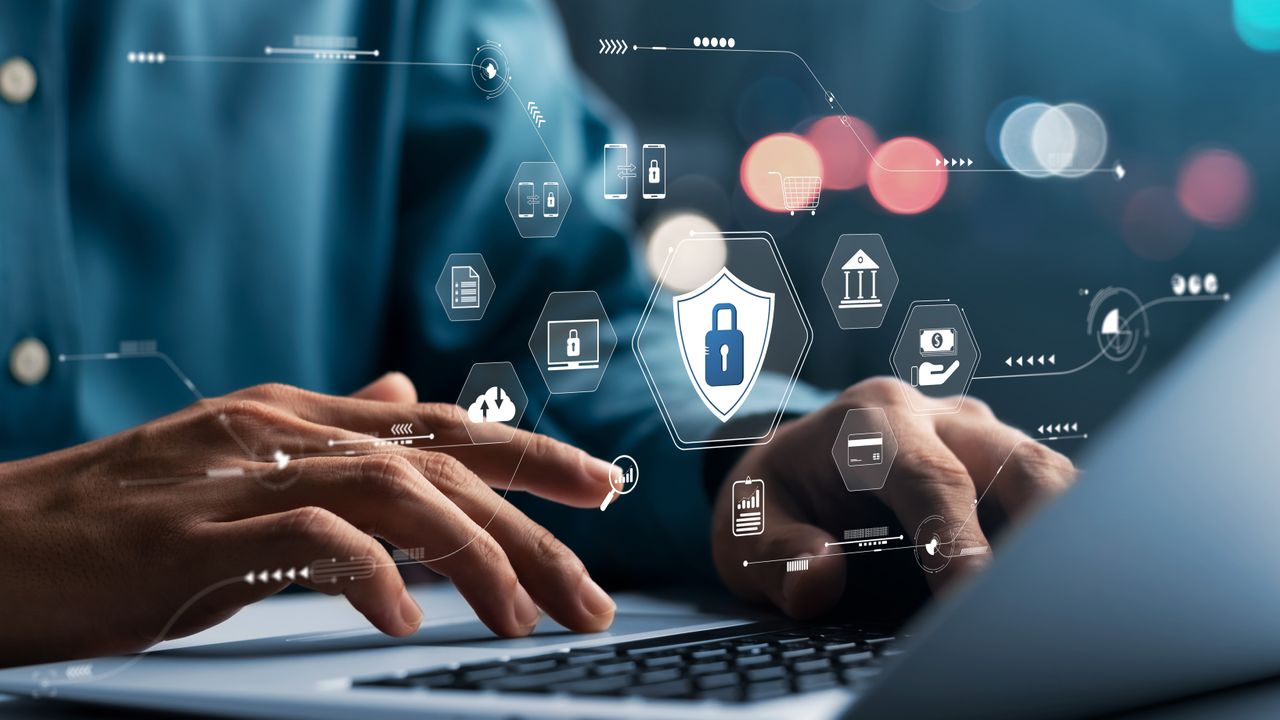Cybersecurity / Privacy regulations
Weekly Cybersecurity / Privacy regulations Insights
Stay ahead with our expertly curated weekly insights on the latest trends, developments, and news in Cybersecurity - Privacy regulations.
Recent Articles
Sort Options:

Beyond the checklist: why a data privacy culture outperforms policy every time
Organizations must prioritize data protection as a shared responsibility, not just a compliance issue. Effective training and a strong culture of understanding the 'why' behind policies are essential for mitigating risks and maintaining trust in today's data-driven landscape.

New York Seeking Public Opinion on Water Systems Cyber Regulations
New York is seeking public input on proposed cyber regulations for water systems, focusing on incident reporting, response plans, cybersecurity controls, and compliance training. This initiative aims to enhance the security and resilience of critical water infrastructure.

Compliance is evolving — Is your resilience ready?
The evolving role of privacy professionals now encompasses cyber security compliance, driven by new regulations like NIS2 and DORA. These changes demand enhanced resilience and risk management, highlighting the importance of strategic security solutions in today's complex IT landscape.

Safeguarding Customer Information Policy
A new policy outlines essential standards for safeguarding customers' proprietary and consumer information. This customizable six-page document provides expert guidance on security responsibilities, awareness, and training programs to enhance cybersecurity measures effectively.

I am a data security expert and here are 5 lessons on cyber security from the Legal Aid Agency cyberattack
The recent cyber-attack on the UK's Legal Aid Agency exposed sensitive personal data of over two million individuals, highlighting the urgent need for enhanced cybersecurity measures. Experts emphasize a proactive, board-level approach to managing evolving cyber threats and vulnerabilities.

China issues new regulations on facial recognition technology, effective June 1
China's Cyberspace Administration and Ministry of Public Security have introduced new regulations for facial recognition technology, effective June 1. These rules aim to standardize data processing and enhance personal information protection, establishing clear oversight and security standards.